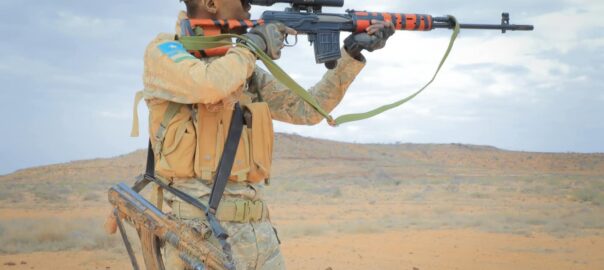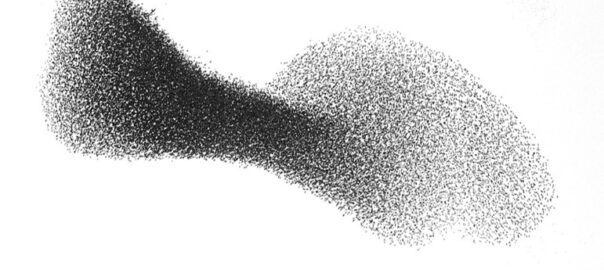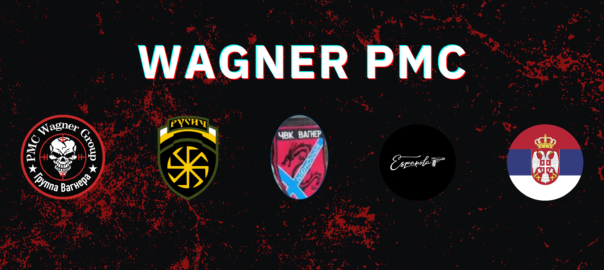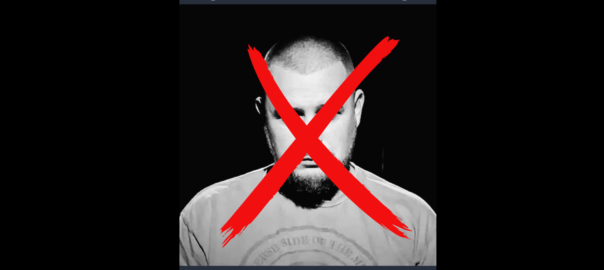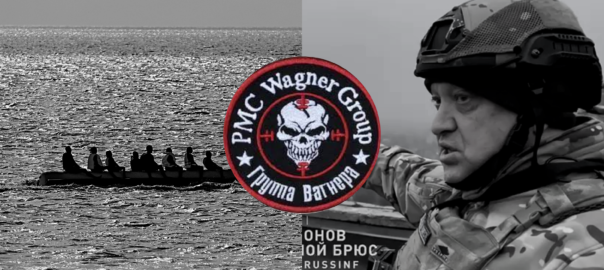The Nature of Salafi-Jihadi Communication: Salafi-Jihadi groups communicate based on deeply rooted theological principles. Their messaging has remained consistent over time, as evidenced by materials produced before and after major global events, such as the U.S. invasion of Afghanistan or Iraq that enabled the rise of AQ.
Continue readingTag Archives: Terrorism
L’impegno del Puntland contro le milizie jihadiste – by G. Frinchillucci
Il 31 dicembre 2024, Mohamed Baari Shire, giovane Vicepresidente del Parlamento del Puntland, è stato bersaglio di un attacco complesso condotto dai militanti affiliati all’ISIS. L’operazione, che comprendeva esplosioni suicide e assalti armati, è stata respinta con successo dalle Forze di Sicurezza del Puntland. Sebbene l’attentato non abbia raggiunto il suo obiettivo primario, ha confermato la portata e l’organizzazione della minaccia jihadista nella regione.
Continue readingAttacks against Israelis in Amsterdam: security and counterterrorism perspectives – by Maria Chr.Alvanou
The spillover in the West of the Israeli-Palestinian conflict after the October 7th 2023 attack by Hamas against Israel has been the subject of much discussion by terrorism and extremism experts[1].
Continue readingThe Attack Against Donald Trump: Hate Narratives, the Shooter, and Security Gaps – by Maria Chr. Alvanou
The attack against President Trump has brought to the surface once again the issue of political assassinations. The United States of America is not immune as a country to such events in its political history.
Continue readingParis Olympic security threats: Why the Islamist terror network and Hamas matter – by Maria Alvanou
The world’s eyes in about a month will be on France hosting the Paris 2024 Olympic Games. Major athletic events should always be considered a possible target for terrorists and a challenge for law enforcement authorities that have to safeguard security, making sure at the same time that people can enjoy participating with a festive spirit.
Continue readingIslamic State Propaganda, Following the Content – by F.Borgonovo, S. Lucini, M. Lakomy
From 2019 to the present, the Islamic State’s digital ecosystem has undergone a dramatic evolution. Within the timeframe of 2021 to 2023, new players have come onto the scene, offering specialized translation services, while others have fortified the infrastructure for online dissemination, making it more robust against attempts to disrupt their activities.
Continue readingTime to be realistic about Swarmcast2.0 – by Ali Fisher
For all the meetings, presentations and reports from embedded academics and industry groups, purporting to show success against Salafi-Jihadi groups, the movement is still comfortably able to disseminate content through Swarmcast2.0.
The Western metanarrative has long been accepted by the orthodoxy of Terrorism Studies. However, while claims of success resonate at events hosted by industry funded bodies, the challenge encapsulated by Swarmcast2.0 remains. Salafi-Jihadi groups and the media mujahidin maintain persistent networks which function across multiple platforms simultaneously.
Continue readingPMC Wagner and Allied Mercenaries, Aftermath of the March by – Federico Borgonovo & Giulia Porrino
During the Russian-Ukrainian conflict, PMC Wagner exploited online and offline support of some military groups, including:
- Española, a parallel battalion of Russian ultras led by Alexander Shum and with a special training centre near San Petersburg.
- Rusich, a reconnaissance, sabotage and assault group, directly attached to the PMC Wagner.
- Serb members, active since the deployment in Syria. Those are linked with several ultras’ communities.
- Níðhöggr (Nidhogg), a little unit near to the Scandinavian right-wing militia funded by an actual Wagner member.
All these units were orbiting around the PMC Wagner as embedded support groups. Starting from their online propaganda we theorized a pro-Wagner alliance system (figure 1).
Continue readingTatarsky: implosione della rete? – by Giulia Porrino
Maxim Fomin, noto come Vladlen Tatarsky, influencer e membro del PMC Wagner è stato ucciso alle 18.30 ora locale a San Pietroburgo. In precedenza era stata evidenziata la centralità del canale di Tatarsky nella rete di reclutamento Wagner e come una sua eleminazione avrebbe probabilmente portato a una crisi all’intera rete.
Continue readingCorrelation Is Not Causation: Wagner e migranti come attori della guerra cognitiva – by Giulia Porrino
Nella giornata di lunedì il Ministro della Difesa Guido Crosetto e il Ministro degli Affari Esteri Antonio Tajani hanno denunciato la presenza della PMC Wagner dietro l’aumento degli sbarchi sulle coste italiane, triplicati rispetto allo stesso periodo nel 2022. Secondo i Ministri si tratta di una strategia di guerra cognitiva che i mercenari russi stanno attuando per destabilizzare l’Europa. Non si è fatta attendere la risposta di Prigozhin (su Telegram), che ha negato di essere al corrente di quanto sta accadendo.
Continue readingPMC Wagner Propaganda Ecosystem – by Giulia Porrino & Federico Borgonovo
The Wagner propaganda ecosystem is fragmented and made up of different actors that we have categorized. We identified a “top-down” propaganda architecture, composed of different materials disseminated by the leadership of the Wagner company, exploiting traditional media such as television, movies, events, and newspaper. Examples of this are the construction of the Wagner Center in St. Petersburg and movies produced by Aurum Production owned by Prigozhin.
Continue readingTowards a more progressive approach to studying the Salafi-Jihadi movement – by Ali Fisher
The ongoing struggle against the Salafi-Jihadi movement will require reflection on multiple levels to achieve a genuinely progressive and evidence-based approach. This reflection will focus on developing an authentic understanding of:
- Their core purpose – their theology expressed in hundreds of thousands of pages of text, along with days of audio and video content.
- The strategic communication approaches which underpin their da’wa; the missionary work often referred to by Western research as recruitment or radicalization. Such understanding will include how Salafi-Jihadi groups exploit the internet for strategic communication.


